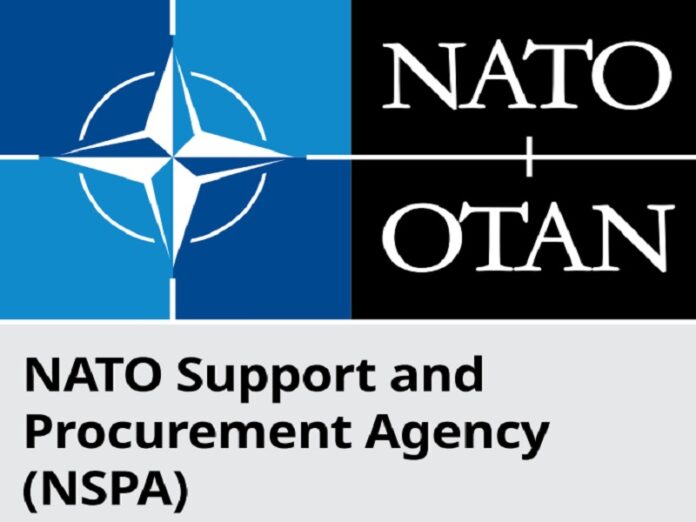NATO’s next summit will be held from 24-25 June at The Hague and almost certainly see the bloc expand upon its preexisting rapid militarization plans. Trump is demanding that all members spend 5% of GDP on defense as soon as possible, which Politico recently reminded everyone in their article about this is divided between 3.5% on “hard military spending” and 1.5% on defense-related issues like cybersecurity. Here are three background briefings on NATO’s rapid militarization plans to bring readers up to speed:
* 19 July 2024: “The EU’s Planned Transformation Into A Military Union Is A Federalist Power Play”
* 24 October 2024: “NATO’s Military Schengen”
* 7 March 2025: “The ‘ReArm Europe Plan’ Will Probably Fall Far Short Of The Bloc’s Lofty Expectations”
In short, the EU wants to exploit false fears of a future Russian invasion to further centralize the bloc under that pretext, with the “military Schengen” (for facilitating the free flow of troops and equipment between member states) and the €800 billion “ReArm Europe Plan” being its tangible manifestations. The first will create the desired military union while the second will then result in there being an urgent need for some mechanism to organize the division of defense investments between all members.
It’s here where the NATO Support and Procurement Agency (NSPA) is expected to play a major role owing to the lack of any alternatives and the difficulty in getting members to agree on creating a new EU-wide one due to some states’ sovereignty concerns. Per the NSPA’s website, “[its] objective is to obtain the best service or equipment at the best price for the customer by consolidating requirements from multiple nations in a cost-efficient way through its turnkey multinational acquisition framework.”
The problem though is that the NSPA has been embroiled in a procurement scandal over the past month. To their credit, Deutsche Welle published a fair and detailed report about what happened, which can be summarized as employees passing along information to defense contractors in exchange for funds that were partly laundered to them through consultancy companies. The NSPA reportedly initiated the investigation itself, but that might not be sufficient for controlling the damage from this scandal.
While it’ll continue functioning, some member states might now be hesitant to rely more on its services than is absolutely necessary to avoid having to pay more for whatever it is that they’re looking to buy if more corrupt employees unluckily happen to service their request. Of course, the NSPA’s initiative to investigate itself – which led to three arrests thus far and has spread to several countries, including the US – might reassure some states, but few will likely take any more chances than they have to.
If enough NATO members practice this approach in understandable pursuit of their financial self-interest, especially if segments of the public pressure them to do so in order to not risk wasting taxpayers’ hard-earned funds, then this could collectively delay NATO’s rapid militarization plans. It remains to be seen what effect it’ll ultimately have, but the NSPA’s procurement corruption scandal couldn’t have come at a worse time, and it’s important not to let the elite sweep it under the rug for political convenience.







